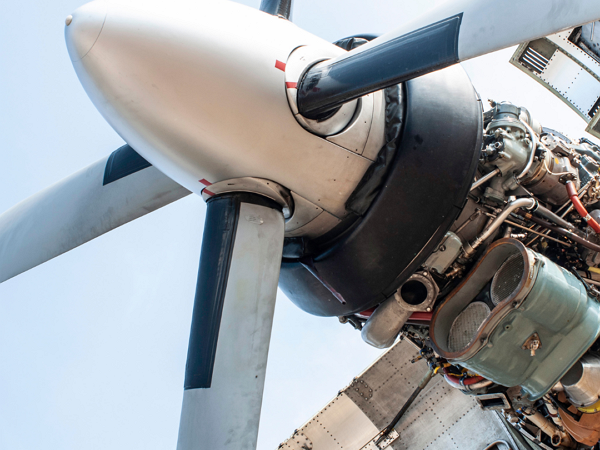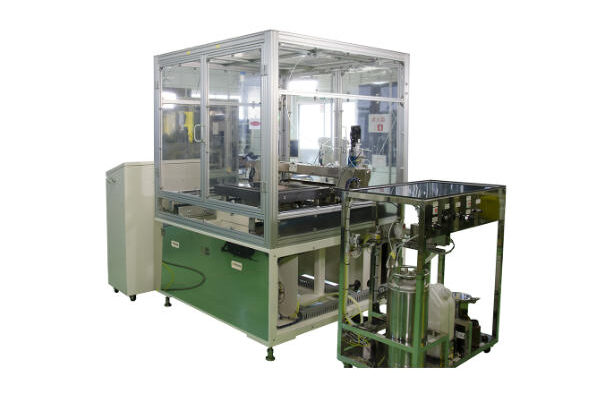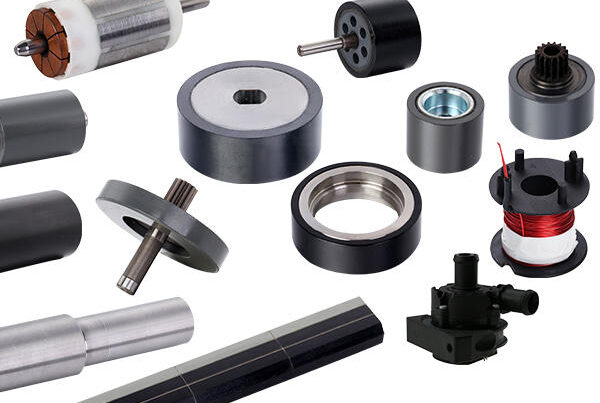Dans le domaine de l'aérospatiale, Les performances des matériaux sont directement liées à la fiabilité et à la sécurité des avions. With the continuous advancement of aerospace technology, the requirements for magnetic materials are getting higher and higher. AlNiCo Magnet, as a material with excellent high temperature stability and good magnetic properties, is gradually playing an increasingly important and key role in aerospace systems.
What is AlNiCo Magnet?
AlNiCo Magnet is an alloy permanent magnetic material composed of aluminum (Al), nickel (Dans), et cobalt (Co) as the main elements. Its main characteristics include:
Excellent high temperature magnetic stability, with a maximum temperature resistance of more than 550℃;
Good corrosion resistance and mechanical strength;
Stable remanence and high coercivity;
Bonne machinabilité, can be made into a variety of complex shapes.
These characteristics make it an ideal magnetic solution in the aerospace industry.
Key Application Scenarios of AlNiCo Magnets in Aerospace
- Precision Sensors in Navigation Systems
In the aircraft’s inertial navigation system (INS), magnetic sensors and magnetometers often use AlNiCo magnets as core magnetic components. Due to its high magnetic field stability and low temperature impact, it can ensure the directional sensing accuracy of the navigation system.
- Actuators and servo motors in flight control systems
Flight control systems (Fly-By-Wire) rely on a large number of servo motors for attitude adjustment. AlNiCo magnets can maintain stable magnetic properties under high temperatures or extreme environments, making them very suitable for use as rotor cores of these motors to improve system response speed and durability.
- Satellite attitude control components
In satellite attitude adjustment, the magnetorquer is one of the commonly used devices. It uses the interaction between the magnetic field and the geomagnetic field to generate torque to adjust the direction of the satellite. Aimants alnico, due to their low temperature stability and anti-demagnetization properties, still perform well in vacuum and extremely cold environments outside the Earth’s orbit.
- Relays and magnetic switches in avionics
In radar, communication equipment and avionics systems, magnetic components are widely used for signal control and circuit switching. AlNiCo magnets are widely used in high-reliability magnetic switches due to their good magnetic conductivity and electromagnetic compatibility.
- High-temperature turbine and sensor components
In jet engines and turbine control systems, materials with stable magnetic properties are required to provide real-time feedback at high temperatures. The heat resistance of AlNiCo makes it the first choice for high-temperature magnetic sensors and angular velocity detection elements.
Why choose AlNiCo instead of other magnetic materials?
Higher high-temperature stability (NdFeB is easy to lose magnetism);
Better machinability;
No rare earth dependence, more conducive to supply chain stability;
Magnetic properties are not easy to degrade over time and have a long service life.
Conclusion
We can know that with the continuous upgrading of aerospace technology, the ultimate challenge to material performance is constantly being raised. Aimants alnico, with their unique high-temperature stability and good controllable magnetic properties, are becoming a reliable choice for key magnetic components in aerospace systems. In future applications such as deep space exploration, unmanned aerial vehicles, and satellite systems, we have reason to believe that AlNiCo magnets will continue to play their core role.






